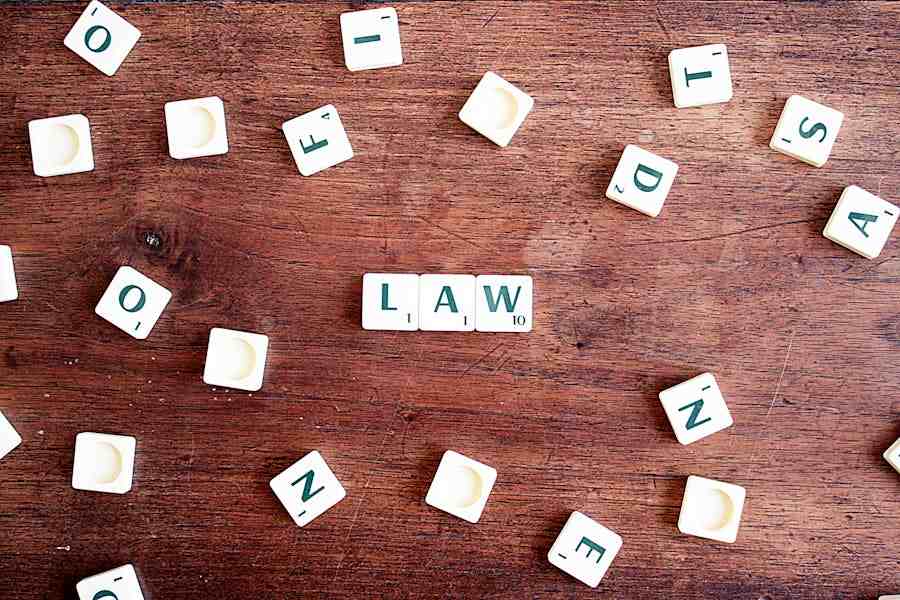The legal rights of inmates are an essential aspect of the justice system, ensuring that even those who have committed crimes are treated fairly and with dignity. Balancing the need for public safety with the rights of incarcerated individuals is a challenge faced by legal systems worldwide. This guide delves into the critical aspects of inmate rights and the rule of law, highlighting the protections granted to prisoners, the obligations of correctional institutions, and the broader implications for society.
Accessing Inmate Records and Transparency
Transparency in the justice system plays a vital role in promoting accountability. One way this transparency is achieved is through public access to inmate records. Such records often contain essential information about an inmate’s identity, charges, sentencing, and incarceration details. These records are critical not only for legal professionals but also for family members and other concerned parties seeking updates on a prisoner’s status. If you’re looking for information on detainees in Riverside County, you can find Riverside County inmate records online through official resources. This access ensures that the public can monitor correctional systems for accountability and compliance with the law. Transparency through records access also underscores the importance of maintaining fairness within the incarceration process, ensuring that no individual is overlooked or wrongfully detained.
Legal Foundations of Inmate Rights
The rights of inmates stem from constitutional protections, as well as statutory laws and judicial rulings that have evolved over time. In the United States, for example, the Eighth Amendment prohibits cruel and unusual punishment, which forms the bedrock of many inmate rights. Similarly, the Fourteenth Amendment guarantees due process and equal protection under the law.
These rights ensure that inmates are not subjected to inhumane treatment, discrimination, or the denial of basic necessities such as healthcare, food, and shelter. Courts have also played a significant role in defining these rights, addressing issues like overcrowding, access to legal counsel, and the right to practice religion while incarcerated. The legal framework highlights that incarceration is meant to be a form of rehabilitation and punishment, not a license for mistreatment.
Healthcare and Basic Living Conditions
One of the most contentious areas in inmate rights involves access to healthcare. Prison systems are legally obligated to provide adequate medical care to all incarcerated individuals. This includes routine medical checkups, emergency care, and mental health services. Denial of proper medical attention can lead to legal challenges under the Eighth Amendment.
Living conditions in prisons are another area of concern. Overcrowding, unsanitary environments, and insufficient access to clean water or nutritious food can have severe consequences for inmates’ physical and mental health. Courts have repeatedly ruled that correctional facilities must maintain basic standards to ensure the dignity and well-being of prisoners. These rulings emphasize the importance of treating incarcerated individuals as human beings deserving of respect, even while serving their sentences.
Rehabilitation and Educational Opportunities
Incarceration is not solely about punishment—it also serves as an opportunity for rehabilitation. Many correctional facilities offer educational programs, vocational training, and therapy to help inmates prepare for life after release. Such programs are essential for reducing recidivism rates and ensuring that inmates can reintegrate into society as productive members.
Access to these opportunities is considered a fundamental right in many jurisdictions, as they align with the broader goal of the justice system: to correct behavior rather than perpetuate cycles of crime. However, disparities in funding and program availability often mean that not all inmates receive the same level of support. Advocates for prison reform continue to push for broader implementation of rehabilitation programs as a means to uphold the rule of law and societal progress.
Legal Recourse for Inmates
Inmates have the right to seek legal recourse if they believe their rights have been violated. This might include filing complaints about abusive treatment, poor living conditions, or denial of medical care. Legal aid organizations often assist inmates in navigating these complex processes, ensuring their grievances are heard in court. Prisoners also retain the right to access legal counsel, whether for ongoing cases or new legal matters that arise during incarceration. Maintaining this access is crucial, as it allows inmates to challenge potential miscarriages of justice, appeal their sentences, or address civil rights violations.
The Broader Implications for Society
Ensuring the rights of inmates goes beyond the walls of correctional facilities—it reflects the values of society as a whole. A justice system that respects the dignity of all individuals, including those who have broken the law, fosters trust and legitimacy. It also highlights the importance of fairness, accountability, and the potential for redemption. On the other hand, systemic failures to uphold inmate rights can erode public confidence in the rule of law. High-profile cases of abuse or neglect within prisons often spark outrage and demand for reform.
The rights of inmates are an integral part of the rule of law, ensuring that even those who have transgressed societal norms are treated with fairness and humanity. From accessing inmate records to addressing basic healthcare needs and providing opportunities for rehabilitation, the justice system has a responsibility to balance security concerns with the preservation of individual rights. By understanding and advocating for these principles, we not only improve the lives of those incarcerated but also strengthen the foundations of a just and equitable society.


